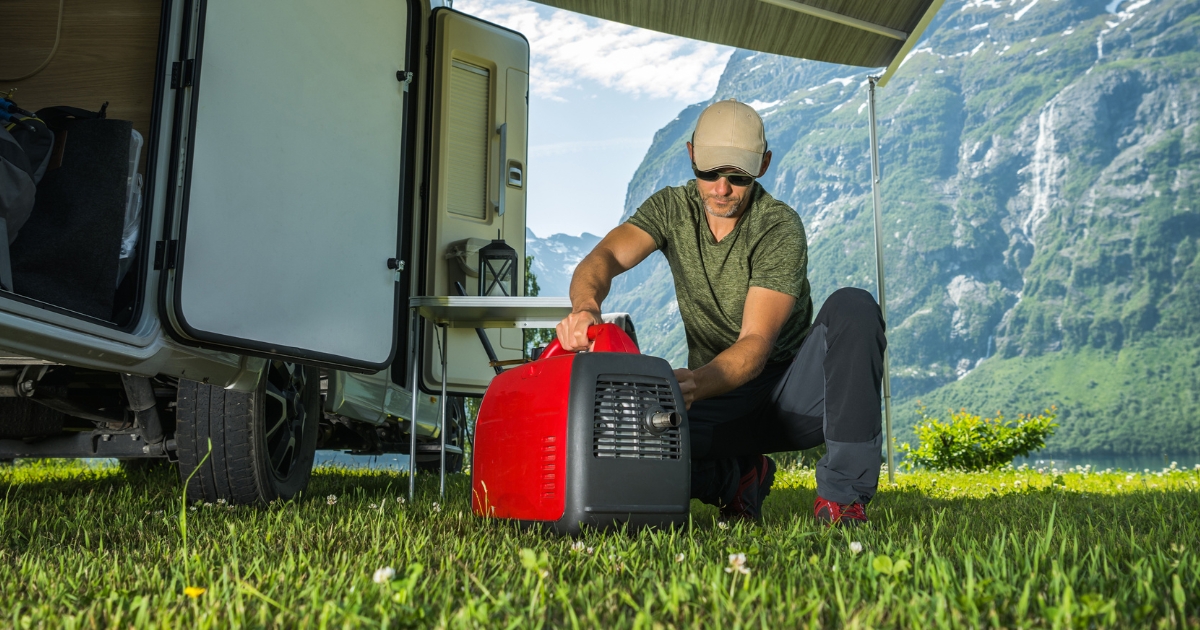
Thinking about getting a generator to handle load shedding? If so, it’s important to understand the potential costs. Buying and installing a generator is a significant investment, and being aware of all the expenses involved is essential. This includes the initial purchase price and the installation costs, which can vary based on several factors. Knowing these costs upfront will help you make a more informed decision and prepare for any financial commitments.
Key Takeaways
- Variety of Options: Different types of generators and fuel options are available, allowing you to choose one that best fits your specific power needs and budget.
- Cost Considerations: Initial purchase, installation, and ongoing maintenance costs can vary significantly based on the generator’s type, size, and fuel.
- Long-term Planning: Factoring in additional expenses like noise reduction and security measures ensures a reliable and efficient generator setup.
What are Generators?
Generators convert mechanical energy into electrical energy, providing power when the main electricity supply is unavailable or insufficient. They are vital backup power sources for homes, businesses, and industrial settings, ensuring operations continue during power outages. Generators come in various sizes, from small portable units for temporary use to large permanent installations capable of powering entire buildings. They can run on different fuels, including petrol, diesel, natural gas, and renewable energy like solar power. The primary function of a generator is to offer a reliable and consistent power supply, making it essential in areas with frequent power interruptions.
In times of frequent power outages, a generator can be a lifesaver. If you’re looking to make this investment, consider applying for a personal loan to cover the costs and ensure an uninterrupted power supply.
Types of Generators
In South Africa, several types of generators cater to different needs and applications. These include:
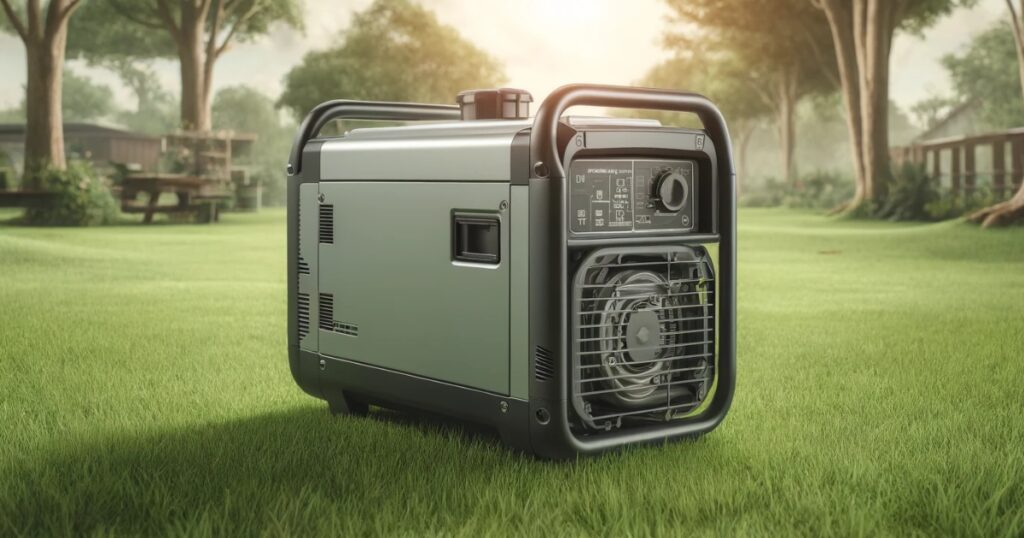
Portable Generators
These are small, movable units that provide temporary power for homes, outdoor events, and small businesses. They are typically fuelled by petrol or diesel and are ideal for short-term use during power outages.
Advantages
- Easy to move and transport
- Ideal for temporary power needs
- Suitable for small homes, events, and businesses
Disadvantages
- Limited power output
- Requires regular refuelling
- Can be noisy
Considering energy solutions to combat load shedding? Compare the cost-effectiveness of generators with Solar Panel Prices to discover a long-term solution that saves money and reduces your carbon footprint.
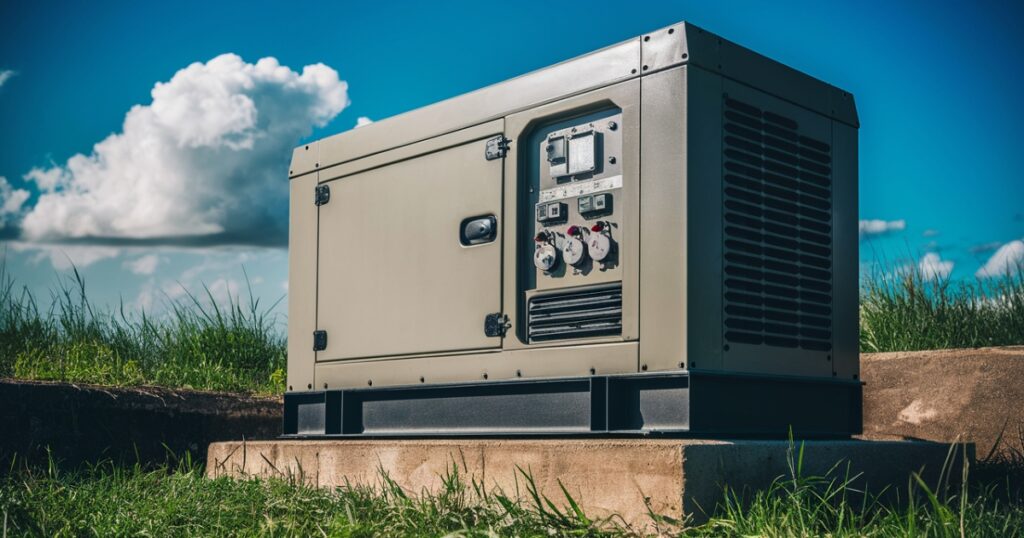
Standby Generators
These are permanently installed units that automatically turn on during a power outage. They are usually connected to a home’s or business’s electrical system and can be powered by diesel, natural gas, or propane. Standby generators are ideal for providing continuous power to critical systems.
Advantages
- Automatically turns on during power outages
- Provides continuous power to critical systems
- High capacity and reliable
Disadvantages
- Expensive to install and maintain
- Requires professional installation
- Dependent on a constant fuel supply (diesel, natural gas, or propane)
As load shedding persists, generators are becoming essential for many homes and businesses. Dive deeper into the Financial Impact of Load Shedding to understand why these investments are now unavoidable.
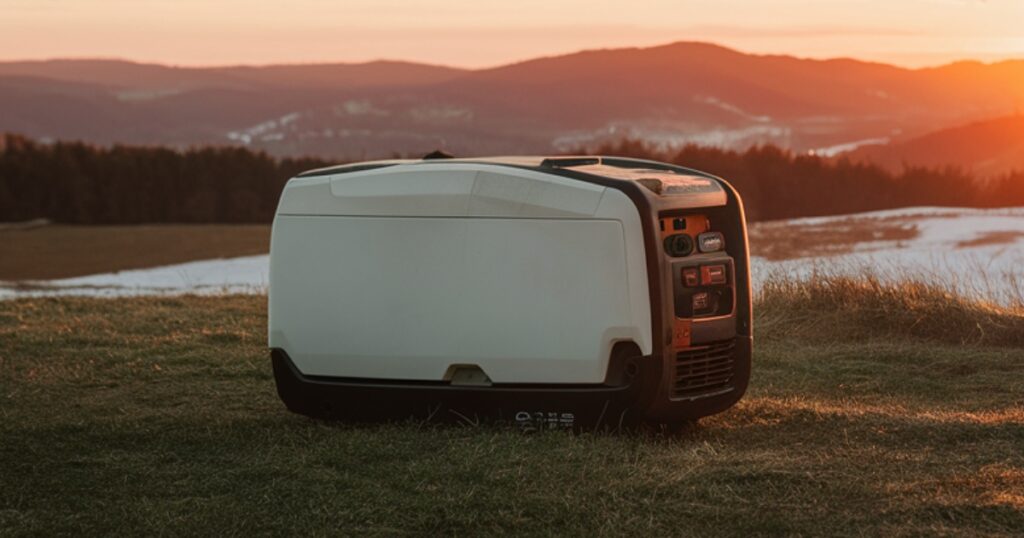
Inverter Generators
These generators produce clean and stable power suitable for sensitive electronic devices. They are typically quieter and more fuel-efficient than traditional generators, making them ideal for recreational use, such as camping or outdoor activities.
Advantages
- Produces clean and stable power suitable for sensitive electronics
- Quieter and more fuel-efficient
- Ideal for recreational use
Disadvantages
- More expensive than conventional generators
- Limited power output
- Not suitable for large-scale power needs
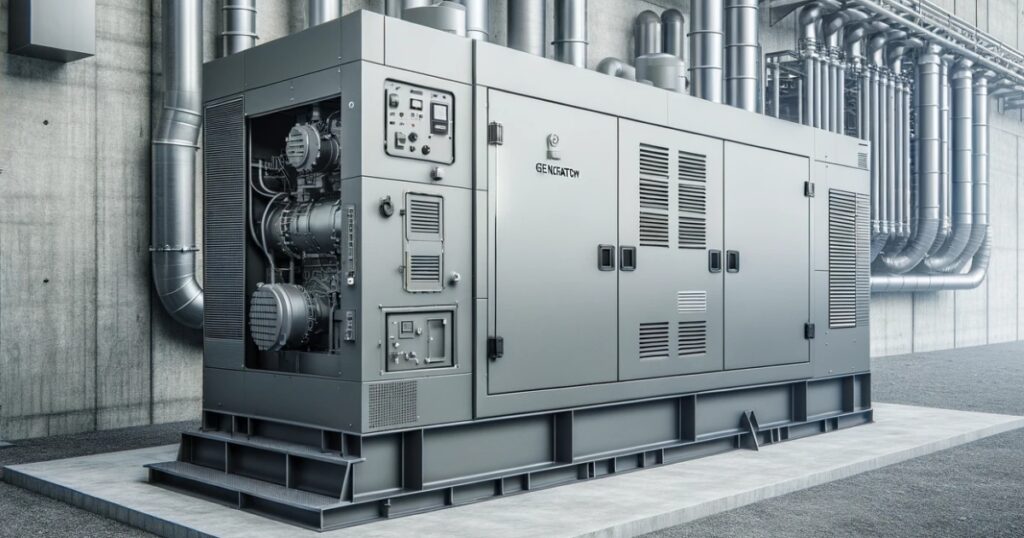
Industrial Generators
These are large, high-capacity units designed to provide power to industrial and commercial facilities. They are usually diesel-powered and can supply electricity to large machinery, construction sites, and other demanding applications.
Advantages
- High capacity and durable
- Can power large machinery and industrial sites
- Reliable for demanding applications
Disadvantages
- Very expensive
- Requires significant space and professional installation
- Can be noisy and require a constant fuel supply (usually diesel)
As South Africans brace for potential surges in energy costs, keeping an eye on when fuel prices are expected to hit critical levels can directly impact generator affordability. Stay informed to make smarter energy investments.
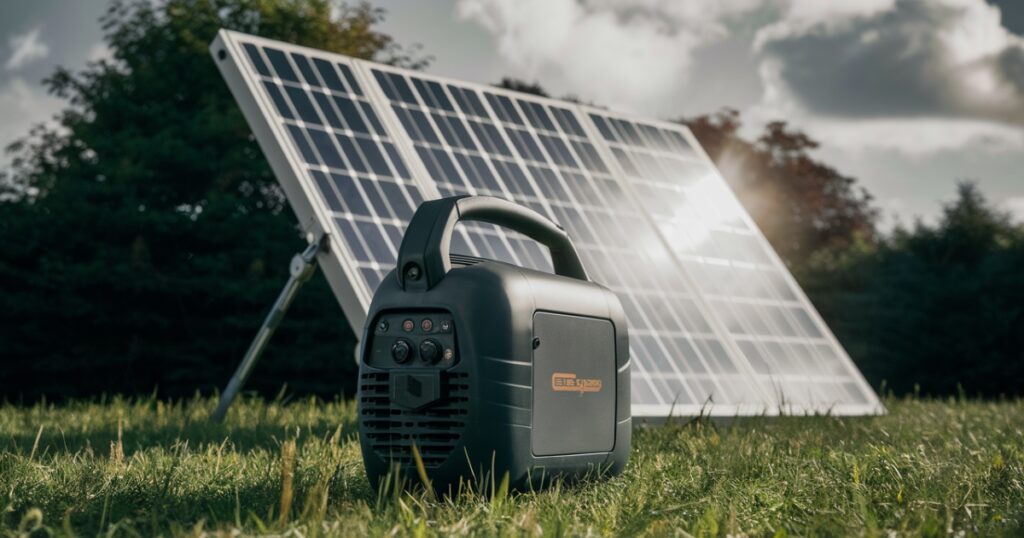
Solar Generators
These are eco-friendly generators that use solar panels to convert sunlight into electricity. They are ideal for off-grid applications and areas with abundant sunlight. Solar generators are often used in conjunction with battery storage systems to provide a continuous power supply.
Advantages
- Eco-friendly and renewable energy source
- Low operational costs once installed
- Ideal for off-grid applications
Disadvantages
- High initial installation cost
- Dependent on sunlight availability
- Limited power output compared to fuel-based generators
Implementing simple changes in your daily habits can lead to significant savings on your electricity bill. By learning how to save electricity, you can make your home more energy-efficient and reduce your carbon footprint.
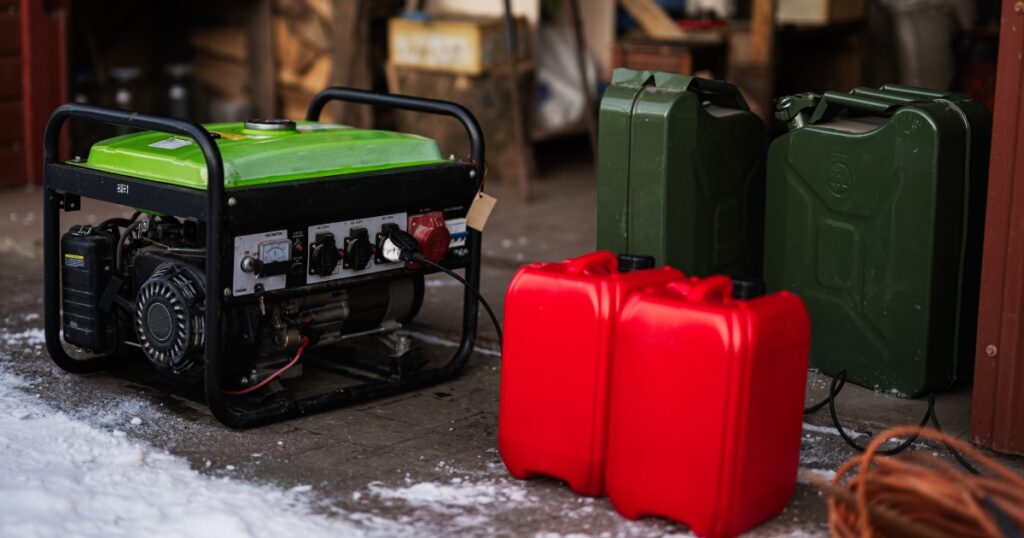
Generator Cost by Fuel Type in South Africa
Generators in South Africa are powered by various fuel types, including petrol, diesel, natural gas, liquid propane, and solar energy. The choice of fuel significantly impacts both initial and operational costs. Here is a detailed breakdown of generator costs in South Africa based on fuel type:
Petrol
Petrol-powered generators are generally the most affordable option. Prices typically range from ZAR 4,700 to ZAR 14,150 for portable models. These generators are more commonly used for portable applications rather than whole-house solutions.
Liquid Propane
Liquid propane generators are available in both portable and whole-house varieties. Portable models range from ZAR 10,000 to ZAR 50,000, while whole-house systems can cost between ZAR 40,000 and ZAR 375,000. Propane is a clean-burning fuel, making it an eco-friendly option. It’s also suitable for off-grid or rural locations as it doesn’t require a gas line.
Natural Gas
Natural gas generators, which need to be connected to a gas line, are available for whole-house use only. They range in price from ZAR 40,000 to ZAR 450,000, depending on their capacity. These generators are popular in colder climates and can be converted to run on propane if needed.
Diesel
Diesel generators are known for their efficiency but come with higher operational costs due to the price of diesel fuel. Prices range from ZAR 21,600 to ZAR 195,000 for various models. These generators are durable and often used in industrial settings, but they can be less effective in very cold climates due to fuel gelling issues.
Solar
Solar-powered generators are the most environmentally friendly option, drawing energy from the sun. They cost between ZAR 10,000 and ZAR 60,000 depending on their size and capacity. These generators are ideal for regions with ample sunshine and can significantly reduce long-term energy costs. However, they are less effective in consistently cloudy areas.
With frequent power outages, owning a generator can be a necessity. Discover practical ways to increase your income with our guide on how to make extra money in South Africa and afford reliable backup power.
About Arcadia Finance
Get your loan hassle-free with Arcadia Finance. Take advantage of no application fees and choose from 19 dependable lenders, all adhering to the regulations of South Africa’s National Credit Regulator.
Generator Cost by Size in South Africa
When selecting a generator in South Africa, understanding the cost variations by size is important. Generator sizes are typically measured in kilovolt-amperes (kVA) or watts (W), with costs varying significantly based on power output and application type. Below is an overview of generator costs by size for the South African market.
Small Generators (1kVA – 5kVA)
| Generator Size | Fuel Type | Price Range (ZAR) | What It Can Run / House Size |
|---|---|---|---|
| 1kVA | Petrol | 4,700 – 6,000 | Basic lighting, small electronics, fans (up to 50 sqm home) |
| 2kVA | Petrol | 8,000 – 10,000 | Basic lighting, refrigerator, small electronics (up to 75 sqm home) |
| 5kVA | Petrol | 10,000 – 20,000 | Lights, refrigerator, TV, microwave, small AC (up to 150 sqm home) |
| 5kVA | Diesel | 21,600 – 50,000 | Small household or small business, essential appliances (up to 150 sqm home) |
Medium Generators (5kVA – 15kVA)
| Generator Size | Fuel Type | Price Range (ZAR) | What It Can Run / House Size |
|---|---|---|---|
| 10kVA | Diesel | 40,000 – 80,000 | Entire small house, including lights, fridge, TV, AC (150 – 300 sqm home) |
| 15kVA | Diesel | 50,000 – 100,000 | Larger house, multiple AC units, essential appliances (300 – 450 sqm home) |
With Stage 6 load shedding causing extended blackouts, generators have become an essential backup power source for many South Africans. But how much does it actually cost to run one? Before you invest in alternative power solutions, check out Stage 6 Load Shedding Leaves South Africans in the Dark to understand why the demand for generators is skyrocketing.
Large Generators (15kVA – 50kVA)
| Generator Size | Fuel Type | Price Range (ZAR) | What It Can Run / House Size |
|---|---|---|---|
| 20kVA | Diesel | 80,000 – 150,000 | Small to medium-sized commercial buildings, all household appliances (450 – 600 sqm home) |
| 30kVA | Diesel | 100,000 – 200,000 | Medium commercial buildings, large houses, multiple high-energy appliances (600 – 900 sqm home) |
| 50kVA | Diesel | 150,000 – 300,000 | Large commercial buildings, large estates, entire small factory (900 – 1200 sqm home) |
Industrial Generators (50kVA and above)
| Generator Size | Fuel Type | Price Range (ZAR) | What It Can Run / House Size |
|---|---|---|---|
| 100kVA | Diesel | 300,000 – 500,000 | Large industrial applications, factories (1200+ sqm home) |
| 200kVA | Diesel | 500,000 – 1,000,000 | Very large industrial sites, hospitals (2000+ sqm home) |
Stay updated with Eskom‘s latest updates and advice on power supply issues, ensuring you understand the importance of having a reliable generator for uninterrupted power.
Generator Installation Cost Breakdown in South Africa
Installing a generator in South Africa involves several cost components beyond the purchase price of the generator itself. These costs can vary depending on the type and size of the generator, installation complexity, and any additional requirements specific to the site. Below is a detailed breakdown of the typical costs associated with generator installation in South Africa.
Site Preparation
Cost Range: ZAR 2,000 – ZAR 10,000
Site preparation includes clearing the installation area, building a concrete pad or platform for the generator, and ensuring the area is level and stable. This step is essential to ensure the generator operates safely and efficiently.
Transfer Switch
Cost Range: ZAR 5,000 – ZAR 25,000
A transfer switch is a critical component that allows for a safe transition of power from the generator to the building’s electrical system. It can be either manual or automatic, with automatic transfer switches generally being more expensive.
Plumbing & Fuel Connections
Cost Range: ZAR 3,000 – ZAR 15,000
For generators running on natural gas or liquid propane, installing fuel lines is necessary. This step includes connecting the generator to an existing gas line or installing a new propane tank and running the necessary piping.
Electrical Wiring & Connections
Cost Range: ZAR 5,000 – ZAR 20,000
This includes the cost of electrical cables, circuit breakers, and other materials needed to connect the generator to your home or business electrical system. Professional electricians are required to ensure all connections comply with local electrical codes.
Labour Costs
Cost Range: ZAR 10,000 – ZAR 30,000
Labour costs include fees for electricians, plumbers, and other skilled workers needed for the installation. The complexity and duration of the installation can significantly impact these costs.
Permits & Inspection Fees
Cost Range: ZAR 1,000 – ZAR 5,000
Depending on local regulations, you may need permits to install a generator. Inspection fees ensure the installation meets safety and code requirements.
Additional Equipment and Materials
Cost Range: ZAR 2,000 – ZAR 10,000
This includes any additional equipment such as vibration pads, noise reduction materials, and protective enclosures. These items can enhance the performance and longevity of the generator.
Understanding these costs will help you budget accurately for installing a generator, ensuring that all aspects of the project are covered and that your generator operates efficiently and safely.
Example Total Cost for a 10kVA Generator
For a typical 10kVA diesel generator, the total installation cost might look like this:
- Site Preparation: ZAR 5,000
- Electrical Wiring and Connections: ZAR 10,000
- Plumbing and Fuel Connections: ZAR 7,000
- Transfer Switch: ZAR 15,000
- Labour Costs: ZAR 20,000
- Permits and Inspection Fees: ZAR 3,000
- Additional Equipment and Materials: ZAR 5,000
- Total Estimated Installation Cost: ZAR 65,000
Installing a generator in South Africa involves a variety of costs that can add up significantly. Proper site preparation, professional electrical and plumbing connections, an appropriate transfer switch, labour, permits, and additional equipment are all essential components. Ensuring all these elements are properly accounted for will help guarantee a safe and efficient generator installation.
Stay ahead of power outages by familiarising yourself with the Eskom load shedding schedules.
How to Apply for a Loan with Arcadia Finance
Applying for a loan with Arcadia Finance is simple and convenient. Begin your application on our website, where our dedicated and experienced team is ready to assist with any questions you may have. You’ll need to provide basic information, such as your income, expenses, desired loan amount, and preferred repayment term. Once your application is submitted, our team will promptly review it and get back to you with a decision as quickly as possible.
Additional Costs and Considerations When Installing a New Generator
Installing a new generator involves more than just the initial purchase and basic installation costs. There are several additional expenses and factors to consider to ensure a seamless and efficient setup. Here are some key additional costs and considerations:

Fuel Storage and Supply
Cost Range: R 3,000 – R 15,000
Depending on the type of fuel your generator uses, you may need a storage solution such as a fuel tank for diesel or liquid propane. Ensuring a reliable and safe fuel supply is essential for continuous operation.

Extended Warranty
Cost Range: R 2,000 – R 10,000
Purchasing an extended warranty can provide peace of mind by covering potential repair costs that might arise after the standard warranty period ends.
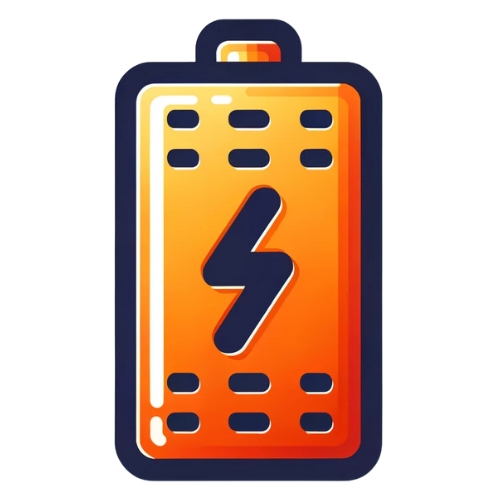
Battery Replacement
Cost Range: R 1,000 – R 3,000
Standby generators typically have batteries that need to be replaced every few years. The cost depends on the battery type and generator model.
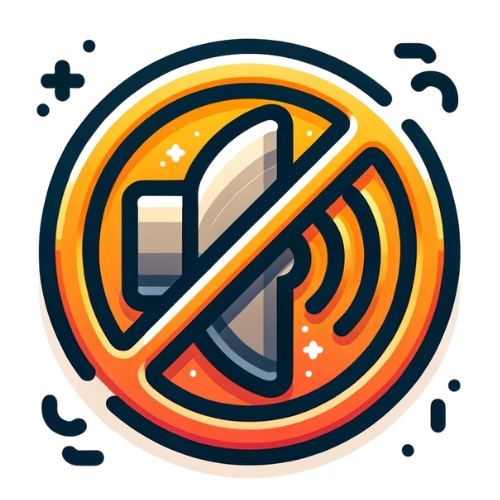
Noise Reduction Measures
Cost Range: R 2,000 – R 10,000
Generators can be noisy, which might not be suitable for residential areas. Investing in noise reduction solutions such as soundproof enclosures or barriers can significantly reduce operational noise.
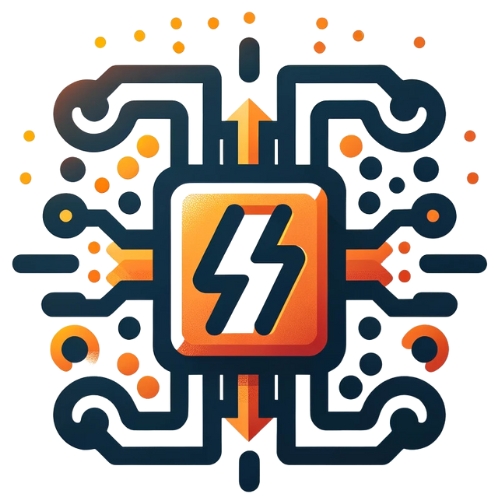
Automatic Transfer Switch
Cost Range: R 5,000 – R 25,000
While included in some initial installation quotes, an ATS might be an additional cost if not bundled. This switch is essential for automatically transferring power from the grid to the generator during an outage.

Maintenance and Servicing
Cost Range: R 1,500 – R 5,000 per year
Generators require regular maintenance to remain operational. This includes oil changes, filter replacements, and routine inspections. The cost of maintenance can vary depending on the generator size and usage frequency.

Security Measures
Cost Range: ZAR 1,000 – ZAR 5,000
Protecting your generator from theft or vandalism might involve installing security cameras, locks, or fencing around the installation site.
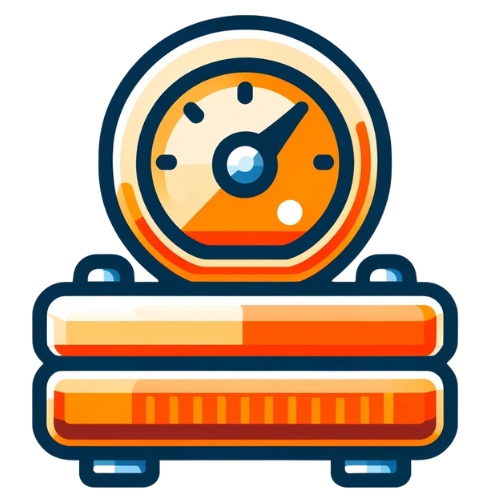
Load Testing
Cost Range: ZAR 1,000 – ZAR 3,000
Conducting a load test ensures that your generator can handle the power demands of your home or business. This testing should be performed periodically to verify performance.

Insurance
Cost Range: Varies
Adding your generator to your property insurance policy can protect against damages or theft. The cost will depend on the value of the generator and your specific insurance provider’s rates.
Summary of Additional Costs
- Fuel Storage and Supply: ZAR 3,000 – ZAR 15,000
- Regular Maintenance and Servicing: ZAR 1,500 – ZAR 5,000 per year
- Battery Replacement: ZAR 1,000 – ZAR 3,000
- Noise Reduction Measures: ZAR 2,000 – ZAR 10,000
- Automatic Transfer Switch (ATS): ZAR 5,000 – ZAR 25,000
- Extended Warranty: ZAR 2,000 – ZAR 10,000
- Security Measures: ZAR 1,000 – ZAR 5,000
- Load Testing: ZAR 1,000 – ZAR 3,000
- Insurance: Varies
When planning to install a new generator, it’s important to consider these additional costs and factors to ensure a reliable and efficient power backup system. Fuel storage, regular maintenance, noise reduction, security, and insurance are all crucial elements that can impact the overall cost and functionality of your generator installation.
Conclusion
Investing in a generator to handle load shedding involves careful consideration of both initial and ongoing costs. Different types of generators—portable, standby, inverter, industrial, solar, and hybrid—each cater to specific needs and come with unique expenses. In South Africa, fuel types such as petrol, diesel, natural gas, liquid propane, and solar energy significantly impact costs. Additionally, the generator’s size and installation complexity influence the total expense. Regular maintenance and additional costs like noise reduction and security measures are also important. By evaluating these factors, you can make an informed decision that suits your power needs and budget.
Frequently Asked Questions
The size of the generator required to run a house depends on the total wattage of all the appliances and systems you wish to power simultaneously. For an average-sized house, a generator with a capacity of 5kVA to 7kVA is generally sufficient. This range can handle essential items like lights, a refrigerator, a television, and a few other small appliances. For larger homes with more electrical needs, a generator of 10kVA to 15kVA might be necessary.
To run a typical house, you would need a generator with a capacity of around 5kVA to 7kVA. This size can power essential household appliances and systems. For more extensive electrical systems, including air conditioning and additional appliances, a generator with a capacity of 10kVA or more may be required.
A 3.5kVA generator in South Africa generally costs between ZAR 5,000 and ZAR 10,000. The exact price can vary based on the brand, features, and whether it is petrol or diesel-powered.
A 3500-watt generator can power several household appliances and tools, including a refrigerator, microwave oven, television, lights, a small air conditioner or heater, laptop and other small electronics, and power tools such as drills and saws. However, it may not be sufficient to run all these appliances simultaneously, so it is advisable to prioritise the most essential devices.
Regular maintenance is crucial to ensure your generator operates efficiently and has a long lifespan. The maintenance costs can vary but typically include:
Oil and Filter Changes: ZAR 500 – ZAR 1,500 per service
Spark Plug Replacement: ZAR 200 – ZAR 500
Air Filter Replacement: ZAR 100 – ZAR 300
Battery Replacement: ZAR 1,000 – ZAR 3,000
General Inspection and Tuning: ZAR 1,000 – ZAR 3,000 annually
Maintaining your generator regularly can help avoid unexpected breakdowns and extend its operational life



